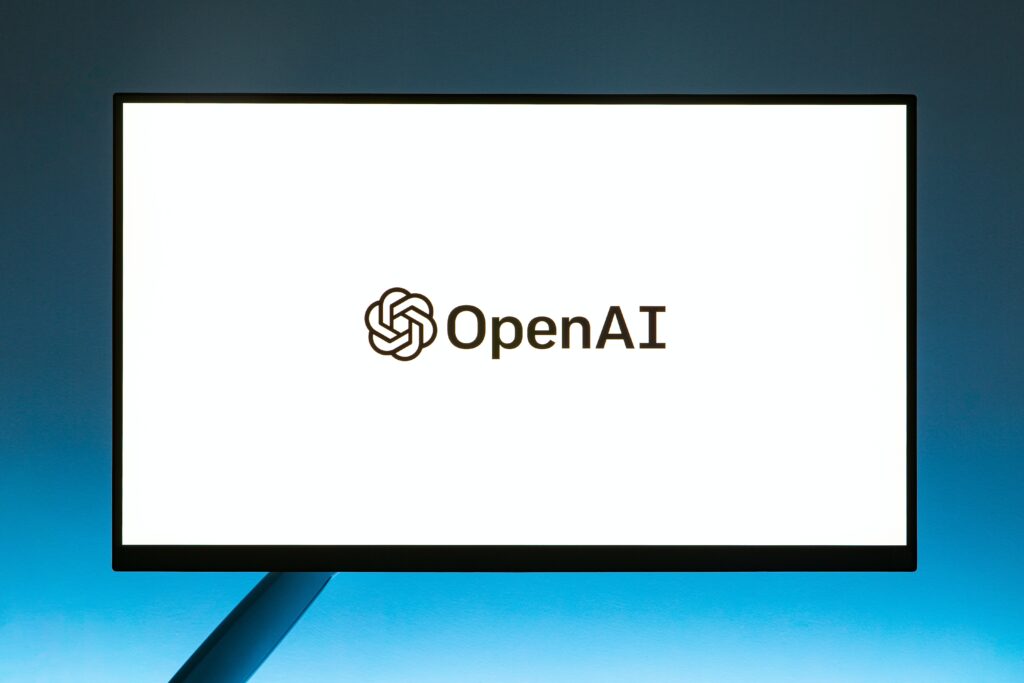
Artificial Intelligence is here. In fact, AI has been a huge part of our lives for years with technology like maps, autocorrect, spellcheck, and many automation services being driven by AI. However, recent advancements in other areas of AI tech have businesses jumping at the opportunity to get ahead of the pack.
If your business is already implementing AI or considering it, you’re on the right track – but you need to tread lightly. You must address and understand some concerns surrounding recent advancements before fully integrating them into your day-to-day.
AI privacy concerns
Americans have significant privacy concerns already as businesses and websites collect massive amounts of personal data. Artificial Intelligence increases the concerns surrounding user privacy. We asked ChatGPT, a free-to-use AI chat program by OpenAI, directly about how it handles privacy concerns and the program admitted:
“AI systems often rely on large amounts of personal data to make decisions or improve their performance. Businesses need to be aware of the potential privacy implications of collecting, storing, and using this data. They must ensure that they are complying with relevant data privacy laws and regulations and that they are implementing appropriate security measures to protect the data from unauthorized access or misuse.”
Ultimately, it is up to the user to know when and how privacy laws and regulations are being violated. Your business needs to take steps to mitigate these issues before issues arise.
Additionally, if you are party to a contract that requires maintaining privacy then using any of that information for prompts in AI could create a breach of contract.
AI programs contain biases
Humans contain biases. We have a natural inclination to associate with, support, and feed into thoughts and processes that we prefer. Bias can be as simple as how you prefer to word a contract or as deep as prejudice against certain people, races, sexual orientations, and beyond.
Here’s the kicker: AI programs have the same biases embedded within them. Artificial Intelligence is based on large amounts of human data and information (as noted above) and with that comes human biases. If the data input contains bias then the output will contain bias. Eventually, AI programs will be trained to weed out biased output, but the chance of total elimination is highly unlikely.
Double-sided transparency
People value transparency. It’s a skill many businesses neglect, but AI adds an additional two-fold layer to this: Businesses should be transparent about when and how their work is being automated by AI and should disclose the truth about those systems.
AI itself does not provide much transparency. Most of the work is done behind the scenes as computers work to produce results based on prompts by human users. They are at least transparent in admitting that a “lack of transparency” by AI systems “can make it challenging to identify and address errors or biases in the system.” These quotes are once again directly from ChatGPT which admits explaining this to shareholders may be difficult. Being transparent that AI programs are not exact or precise could protect your business and satisfy shareholders.
Work with a future-focused law firmAt Bryant Taylor Law, we are committed to understanding new technologies and how they impact Florida businesses. We work with entrepreneurs and business owners to build, grow and even sell their companies. If you are considering implementing AI but need help understanding the legal boundaries of doing so, schedule a consultation online.
Bryant Taylor
Latest posts by Bryant Taylor (see all)
- Understanding Hard Money Lending for Real Estate Investments - April 18, 2024




